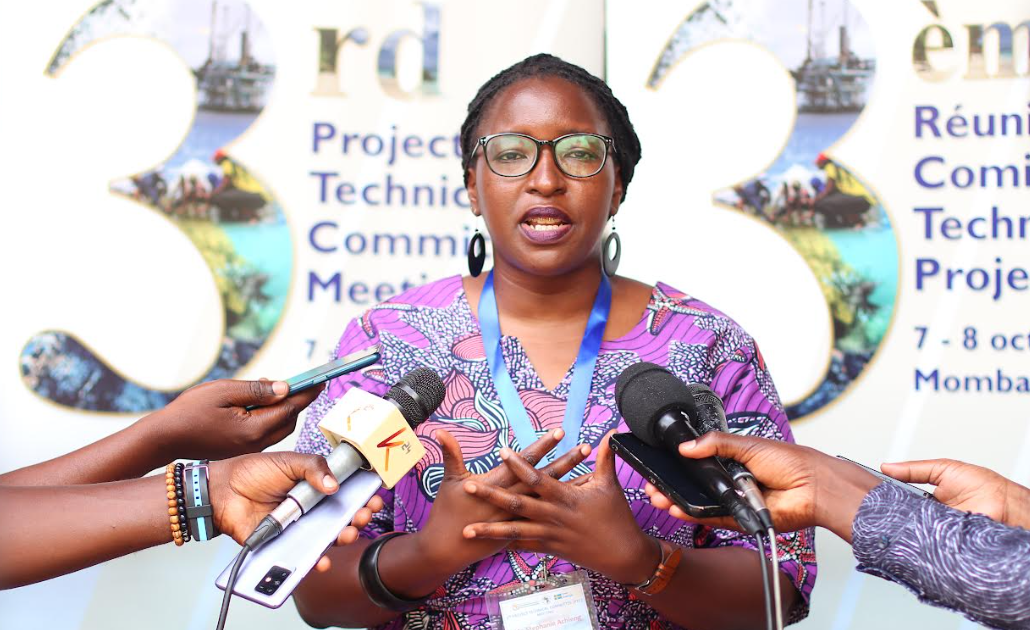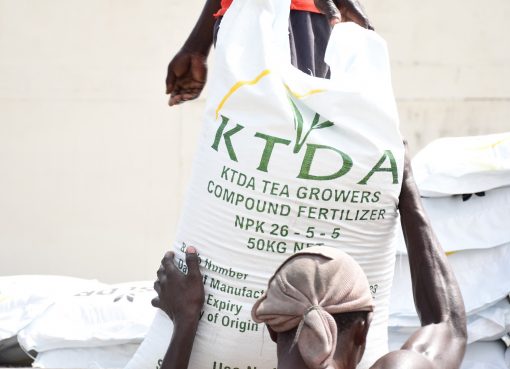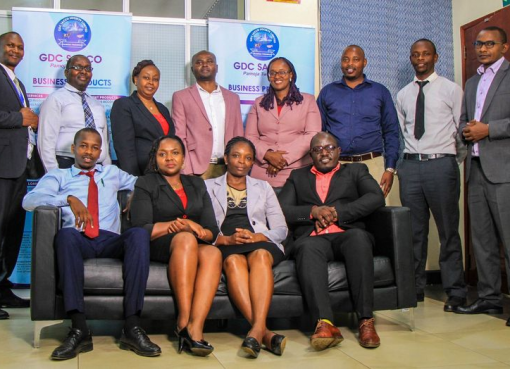African Union (AU) member states have been advised to ensure women play a pivotal role in the Blue Economy sector through skills enhancement.
The African Union Inter-African Bureau for Animal Resources (AU-IBAR) is hosting the third Technical and Steering Committee Meeting of the Conserving Aquatic Biodiversity in the African Blue Economy project funded by the Swedish International Development Cooperation Agency (SIDA) in Mombasa.
The project aims to increase marine biodiversity protection and encourage the responsible use of biodiversity resources in Africa.
During the meeting, the project’s progress will be evaluated, challenges encountered in the implementation will be appraised, and actionable recommendations for future initiatives will be developed.
Representatives from the Swedish Embassy to the AU, the FAO Regional Office for Africa, are attending the Project Steering Committee.
Permanent Secretary-level representatives from AU Member States, such as Uganda, Côte d’Ivoire, Cameroon, South Africa, and Kenya, are also participating in the meeting.
Director of Mabuyi Development Planners of South Africa Zintle Lushaba says conserving aquatic biodiversity is very important when it comes to the gender equality issue, as Gender disparities have been existing for long in Africa.
“Women are ignored or cast out of certain development programmes that uplift them. Gender equality in aquatic biodiversity is very important, as women have indigenous knowledge in the sector, and they play a big role in their empowerment and attainment of sustainable development goals,” stated Lushaba.
The project has, since its inception in 2021, made significant strides in uplifting women. Gender analysis on the current existing legislation, status core analysis, and skills upliftment of women have been done.
“A lot of women within our countries lack skills in the sector. It is therefore imperative they be granted opportunities to be skilled in the sector so that they can play even more important roles and draw an income or a livelihood from the sector,” elucidated Lushaba.
She further called for infrastructure development in the sector and awareness creation to increase youth involvement.
AU-IBAR Gender Policy Strategy Expert Stephanie Achieng noted that through the project, 55 AU member states have been supported.
She stated that the project also supports Marine Spatial Plans (MSPs), climate change mitigation, and Gender Inclusivity in AU member states. All of the project’s objectives are linked to the Africa Blue Economy Strategy developed in 2019 by AU and AU Agenda 2063.
“We are supporting AU member states to mainstream and integrate gender considerations in aquatic biodiversity conservation and environmental management,” said Achieng.
Blue Economy, she noted, is a new framework, especially in Africa, and it is not well understood. It has various thematic sectors like fisheries, tourism, mining, oil, and deep sea exploitation, among others.
“We have that holistic approach to the implementation of the Blue Economy. As much as our focus is on fisheries, we try as much to link to the other sectors so that we have a coordinated, cohesive approach to implementation of this particular framework,” she said.
The AU-IBAR builds the capacity of local governments, youth, and women to tackle threats facing aquatic ecosystems.
By Sadik Hassan




